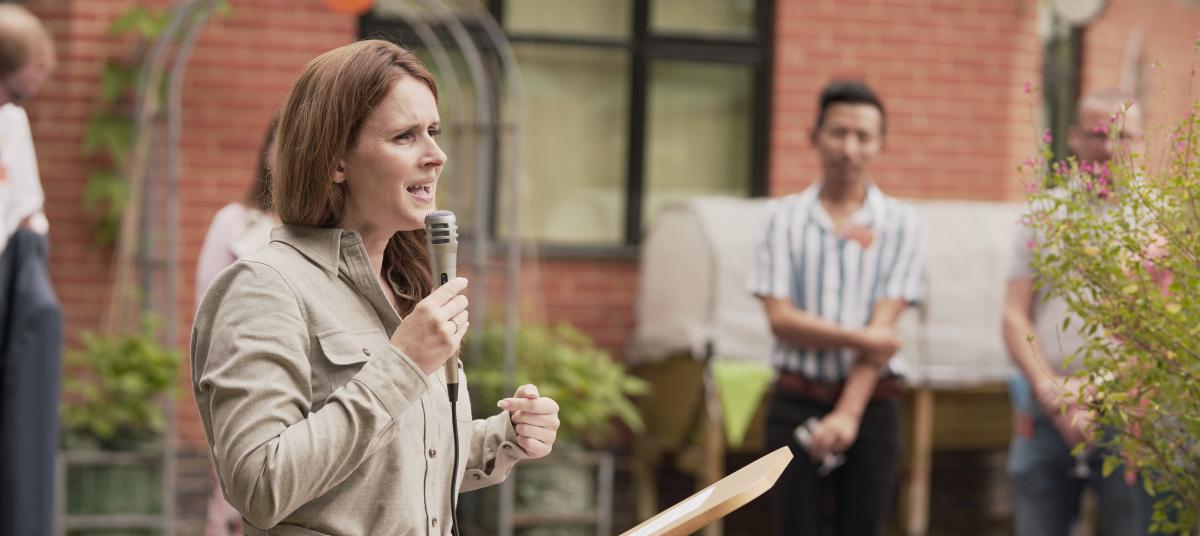
Time to tell our half of the story
As I write, we have a new Prime Minister, Liz Truss, who inherits a bulging in tray, not least what to do over the eye watering energy costs that affect each and every one of us. There is such fear now about what the coming winter will bring – for people with disabilities and for colleagues working day to day in social care. It feels like it is all too much.
Yet I long to talk about social care in a more positive light. There are fantastic things happening every day in people’s lives thanks to social care support. Social care is support to develop friendships, relationships, and becoming an active member of the community and accessing opportunities such as employment. These things are happening in spite of the ongoing pressures we all face.
This is our half of the story.
Investing in social care is investing in people’s lives and this also is the case the wonderful Social Care Futures movement is making. They want to see long term societal change and reform towards a different vision of what social care can be. If you haven’t heard of this coalition, led by people who draw on social care, please do take a look and join in, as we have at SeeAbility.
Sadly, in the short term, I predict that if any money comes into social care this winter it will still be linked to its ‘failings’, such as people not being able to go home after a hospital stay.
Social care is not “fixed”
We all too often see reports that social care is something to fear as you get older, as you may have to sell your home to pay for it: something the government says will now be addressed.
But how many of us know that half of all social care funding supports younger people, of working age? Our Engagement Team (a team of people with lived experience of disabilities) will be writing to the new PM, to remind them that adult social care is not “fixed” until you recognise working age people have a 50% stake in it.
Last and certainly not least, there are my colleagues – part of a workforce that is equivalent in size to that of the NHS but is overshadowed in the debates over pay and recognition. 1.5 million people are working in social care, contributing £50 billion to the economy. Yet the government’s social care plan does nothing to address commissioned rates of pay, something I have written about before.
The situation is absolutely critical, not just so people can pay their bills and not feel forced to leave a career in social care, but so people who rely on support can actually access it – there are now 165,000 vacancies in social care.
We’ll be pressing the case with government on the urgent need for funding, and telling our half of the social care story in the coming weeks and months. In the mean time, have a look at our policy statement (also available in easy read) on our key calls for reform.


